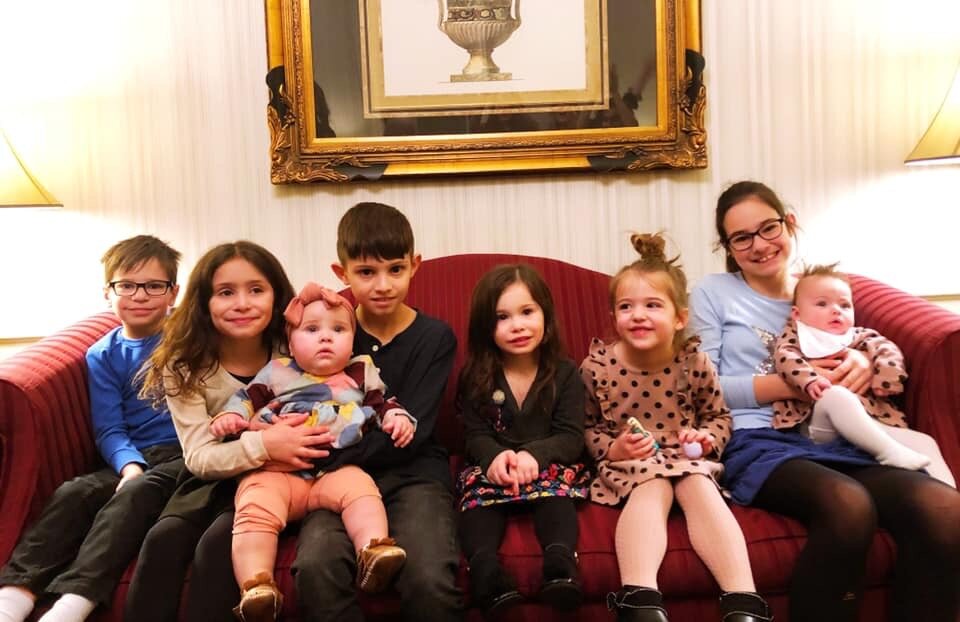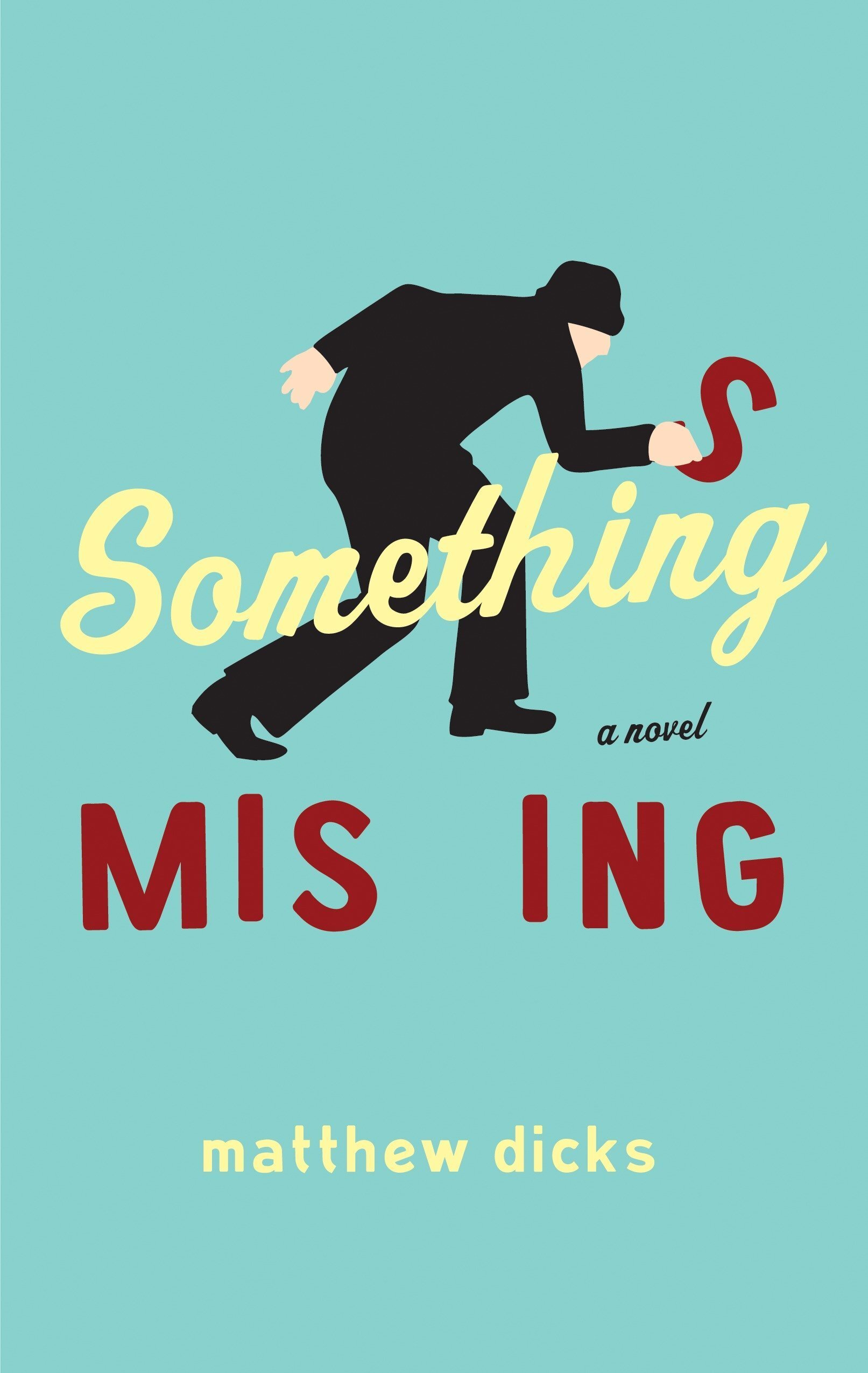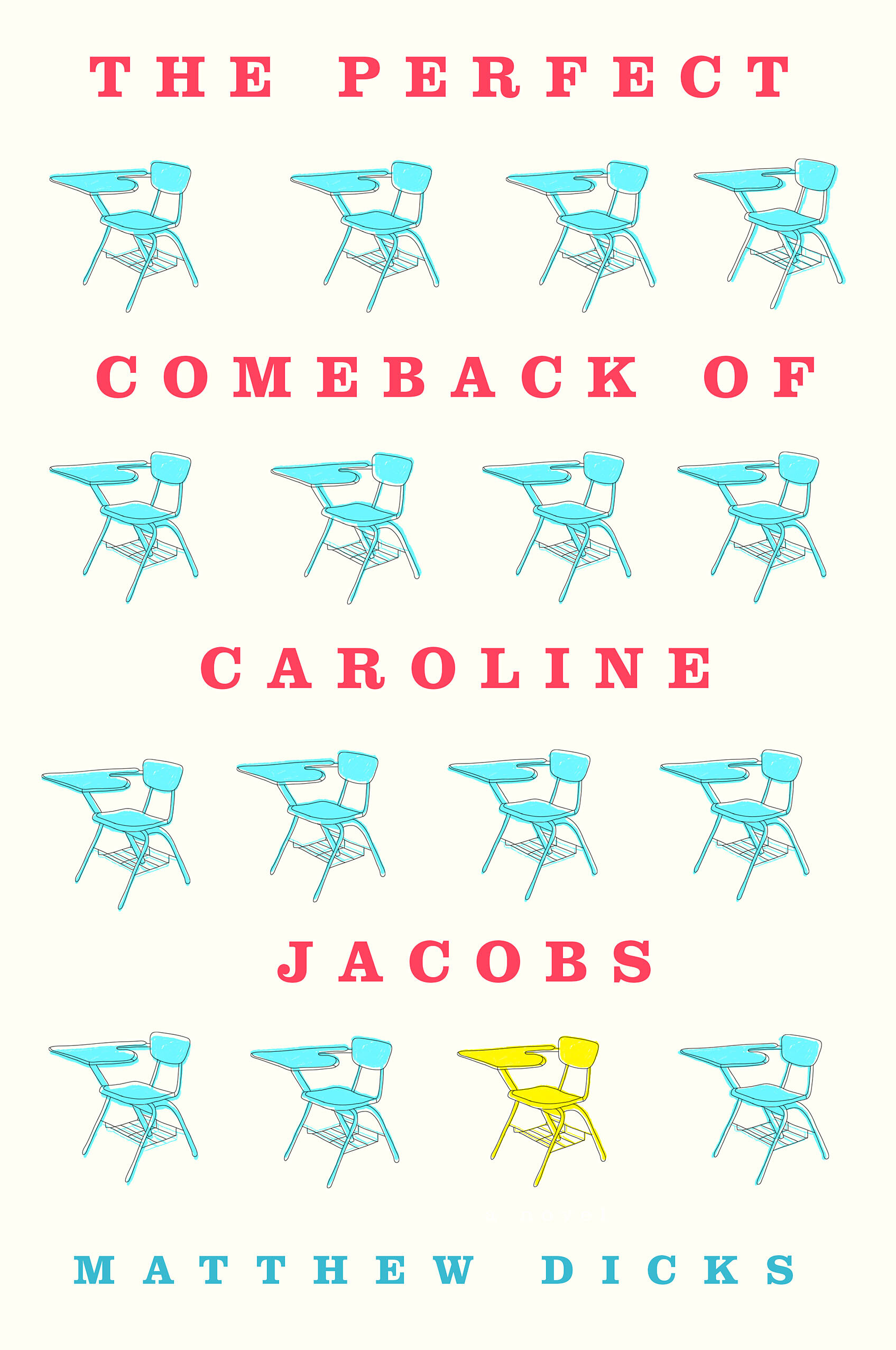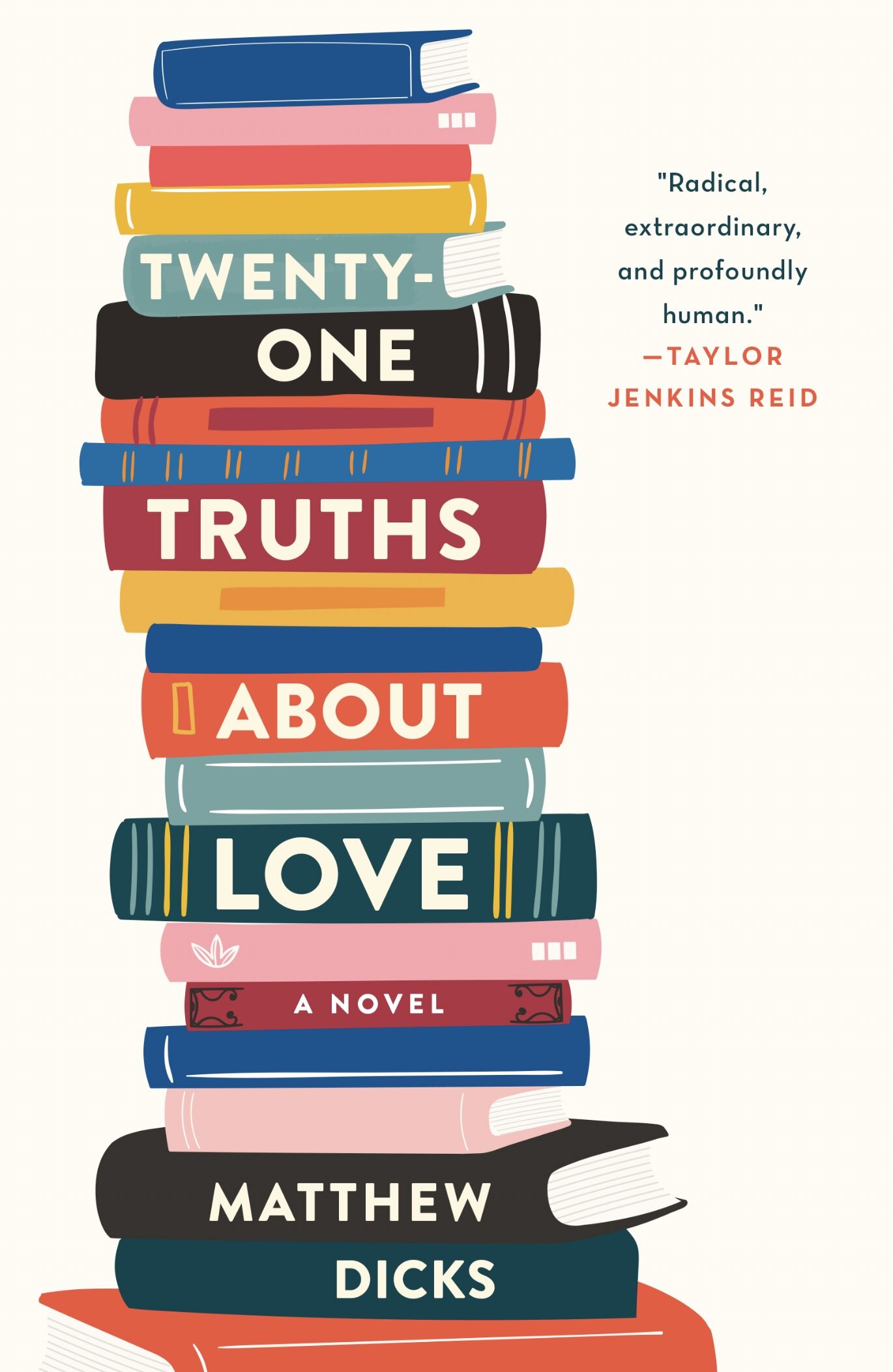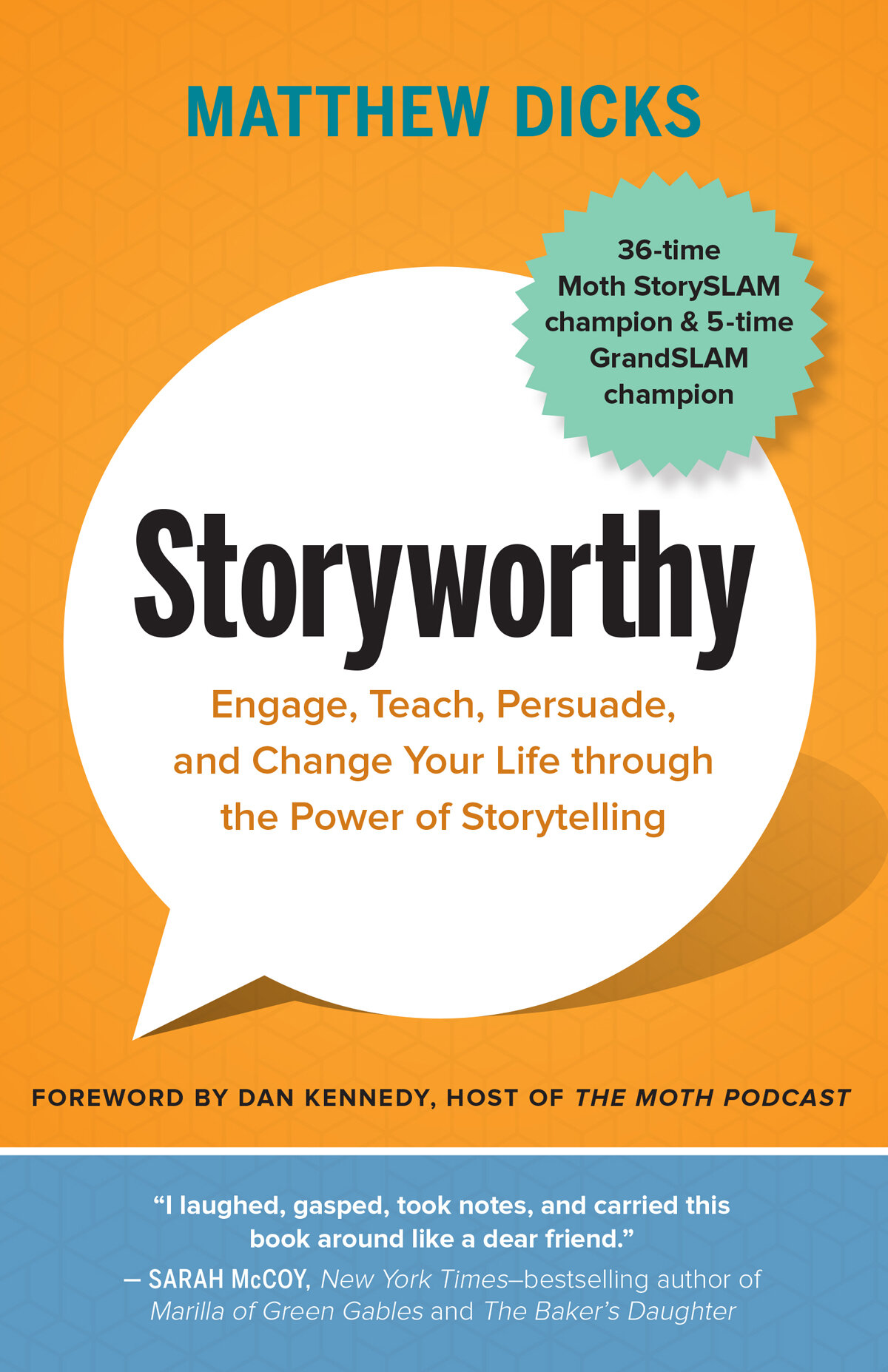A man in McDonald’s asks me about Jesus.
/I was pouring Diet Coke into a cup at a local McDonald’s - the restaurant I managed for years while putting myself through college - when a man approached and asked if I knew that Jesus was my savior.
I was in a hurry. I was teaching a storytelling workshop in less than 30 minutes, and I believe that the only way to be on time is to be early, so I didn’t have time to chat about religion.
Nor the inclination.
I was also working on a story in my mind - one I would be telling in less than an hour as a part of my workshop. I didn’t want to be interrupted.
So I said to the man:
“I know you’re doing this because you want to save my soul, and I know it’s incredibly hard to do what you’re doing. And It’s a beautiful thing that you care enough about me and others to make this effort, but honestly, I don’t have the time nor the inclination to talk about this right now. But thank you for thinking of me. It means a lot.”
Then the man started to cry.
Having been born into a Catholic family, then having quit Catholicism after my first CCD class in favor of Protestantism, then having abandoned religion altogether when I decided that it was all made up, but then having been lifted from homelessness by a family of Jehovah’s Witnesses and spending almost two years living in their home, I understand the Christian imperative to spread the good news of Jesus.
I think it’s a little silly, of course. According to the doctrine of at least some Christian religions, if you don’t accept Jesus as your personal savior, you can’t go to heaven, even if you’ve spent your entire life in some Amazonian rainforest or on some remote desert island, never having the chance to even hear about Jesus.
That doesn’t strike me as a fair and just God, but that’s not the point. Here’s the point:
As intrusive, onerous, and pushy as someone like this man might seem, he is genuinely trying to save souls, which is not easy. More often than not, his efforts are met by ridicule, anger, disregard, or disgust.
In fact, it’s likely that almost all his attempts to speak to people are unsuccessful, and most encounters probably end in acrimony.
Nevertheless, that man believes that I cannot go to heaven unless I accept Jesus as my savior, so he’s trying like hell to save me, despite the constant threat of ridicule or worse.
When was the last time you tried to save a stranger?
Hell, when was the last time you tried to save a friend or loved one?
This is why I thanked the man for his efforts and treated him with a bit of grace. And my choice of response, in turn, is why he cried.
Not sobbing and snot bubbles. It was more of a teary-eyed, verklempt reaction.
And I get it.
I know that most people respond with something far less decent when a man like this approaches them. I know that most of his encounters are negative. I watched my family of Jehovah’s Witnesses suffer from derision almost everyday. Despite their best intentions, most people despised them for their efforts and treated them terribly as a result.
I despised those people.
It’s not always easy, but when we judge people on their intent, even if that intent does not align to our personal belief system, the world is a more decent place. We treat people more decently. When we take a moment to honor effort and purpose over intellectual, philosophical, or political agreement, I think we are better people.
If someone is advocating for a position because they genuinely think it’s right and just, I need not agree with them or support them. In fact, I can stand in direct opposition to their efforts. But I can still treat them with grace.
Don’t get me wrong. If they are advocating for a position out of self-interest or some other nefarious purpose, or they are misleading or lying, I need not be decent at all. I can hammer away with all of the weapons in my verbal toolbox.
But if they believe that they are doing right by the world and are noble and just in their pursuit, I try to be decent and kind, even if I am diametrically opposed to their position.
So no, I don’t think Jesus is my savior. I think he was a smart, decent human being, far ahead of his time, and I believe his teachings still have great relevance today.
But no, not my personal savior and certainly not the son of God.
But if someone believes this and is willing to risk ridicule to save me, the least I can do is thank him. Speak kindly. Then move along.
The man thanked me for my kindness and wished me luck, and I did the same. He’s probably forgotten me by now, but I suspect that I’ll remember him for a long time.
He tried to save me. I owe him that much.







